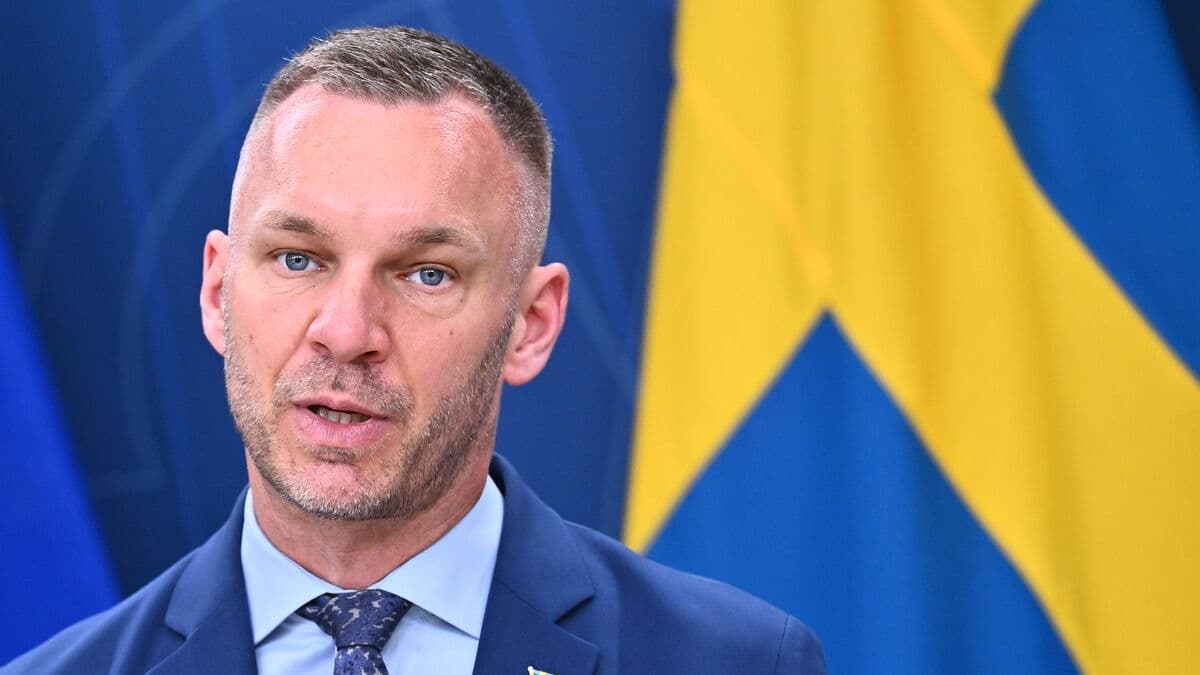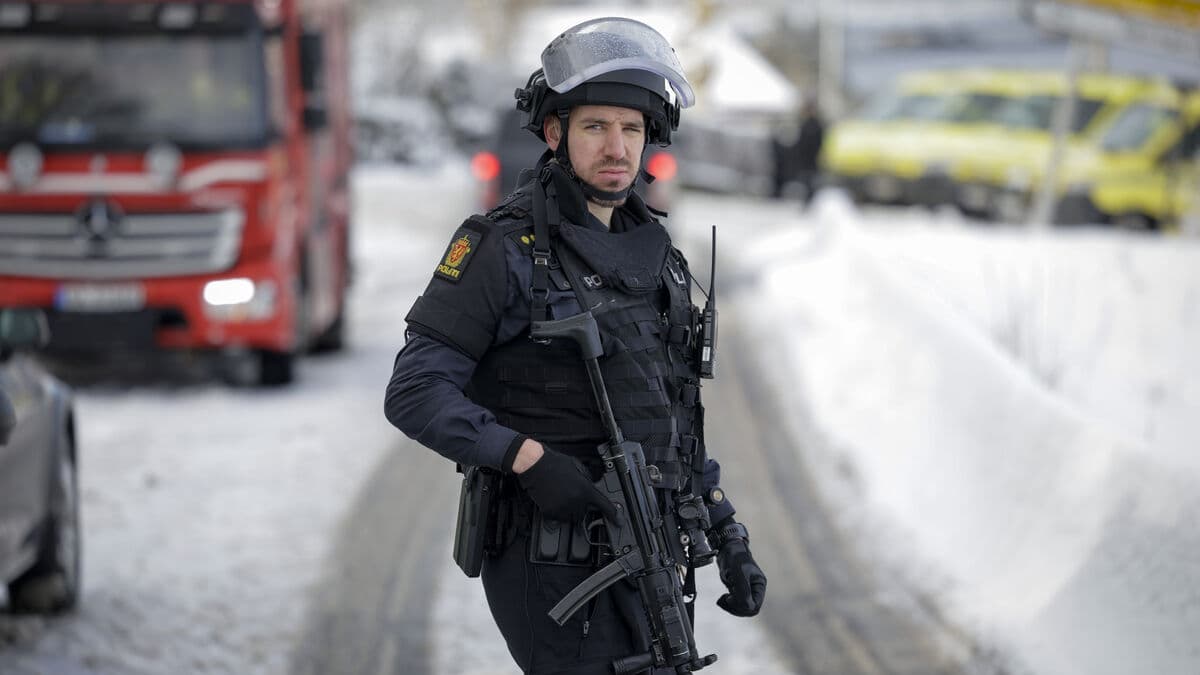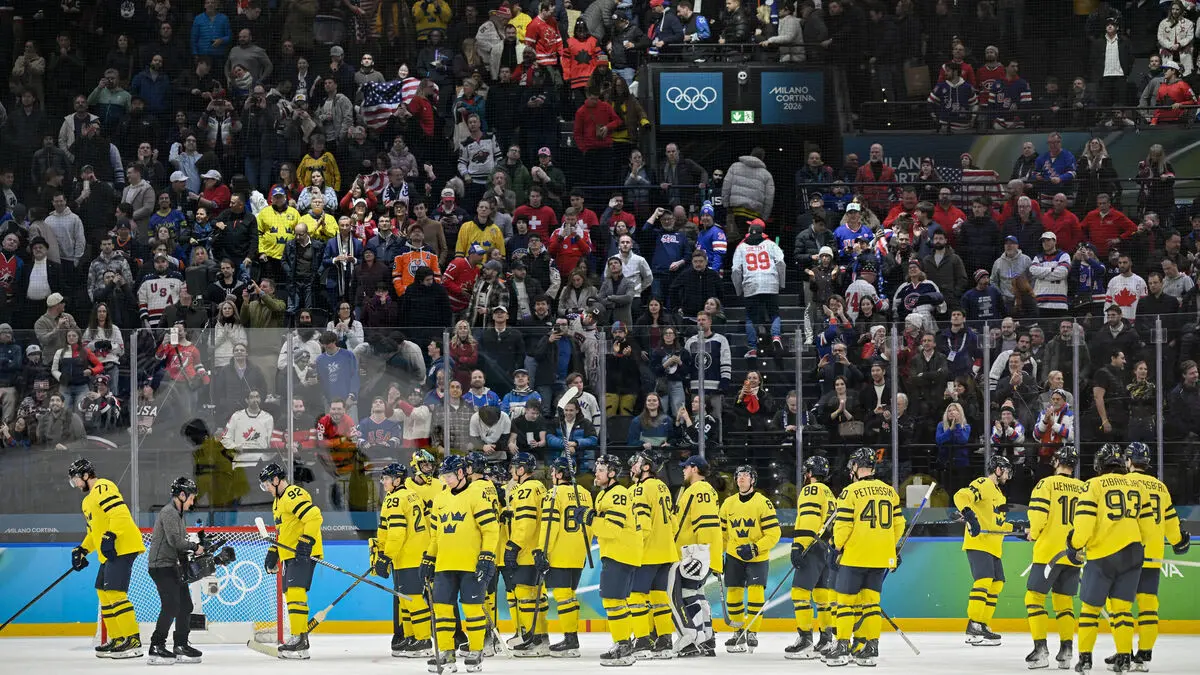The Ministry of Finance has today sent out a proposal for consultation on compensation for additional administrative costs in small and sparsely populated municipalities.
The compensation is a minor part of the equalization system, which aims to create more equal conditions for municipalities to provide services to residents.
The proposal involves higher support than today for administrative costs for municipalities that have a population of less than 10,000 inhabitants and a distance between residents that exceeds 700 meters on average. Such as Dorotea, Vilhelmina and Jokkmokk.
Minor elevation
The Ministry of Finance's proposal differs from what the so-called Equalization Committee proposed in 2024. The committee's model meant that even small municipalities that are not sparsely populated would receive a fairly substantial increase in support for additional administrative costs. Now they will have to settle for a smaller increase compared to what applies today.
One reason is that the Ministry of Finance believes that the committee's model would not provide sufficient incentives to reduce administrative costs. Slottner does not want the equalization system to be designed in a way that discourages any desire on the part of municipalities to merge.
He also thinks it is fairer that small municipalities with sparsely populated areas receive more compensation than other small municipalities.
“The sparseness is difficult to influence, but not the size of the municipality,” says Slottner.
Merge
He points out that, especially in Västra Götaland and Skåne, there are "very many" municipalities that would be suitable for merging.
They are located close to each other, are quite small in surface area and cooperate a lot, says Slottner.
But the willingness to merge is almost zero among the country's municipalities, an investigation found last year.
There are no plans from the government to redraw the map from a state perspective, but I hope that we can create incentives in various ways that make it more attractive for municipalities to merge, says Slottner.
I am convinced that if more municipalities were to merge, Sweden as a whole would be better equipped to handle healthcare, elderly care, schools, climate adaptation and digitalization.






